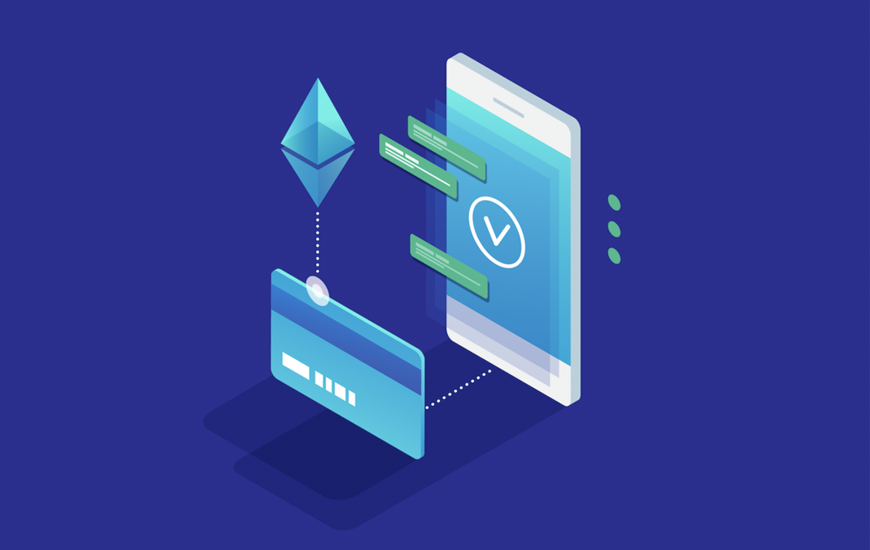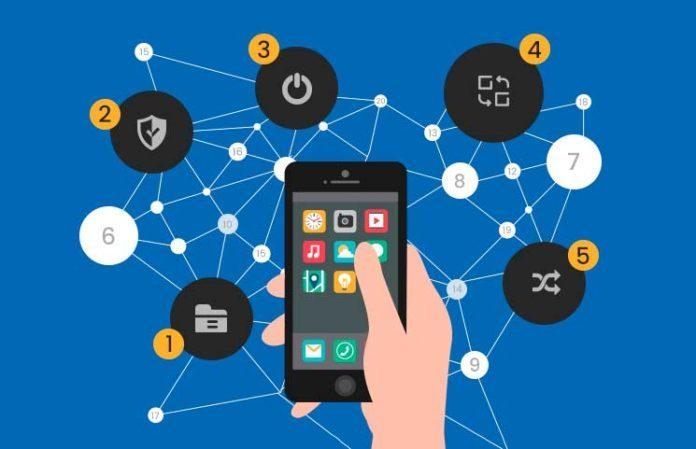We’ll discuss decentralized apps that function with blockchain technology in this post. You will discover what DApps are, how they function, and how they vary from traditional apps after reading this article. We provide samples as well as a list of application areas for such applications.
What exactly are DApps?
DApps (decentralized apps) are applications that are not centralized. A comparison with the typical programs that people download to their cellphones can assist clarify this word. In traditional applications, the program code is stored on the company’s computer or servers, and the developer – whether a single individual or a huge corporation – has complete control over the application. A firm, for example, might alter the application’s use guidelines, functionality, or even shut it down entirely. Any modifications may only be made by the application’s owner. Its functionality cannot be influenced in any manner by the user. For example, suppose you installed a standard program and discovered a flaw in it. You have no choice except to contact technical support or offer comments. You are unable to modify the code by opening it. Only the developer has the ability to accomplish this. So you need to find a reliable dapp development company if you want to bring your project related to this to life.
Because decentralized apps leverage blockchain technology, there is no single point of failure. Users may publicly examine the code and make suggestions for improvements. If other users agree, the modifications will be implemented. In other words, the program is under the control of the user community. If you notice a flaw in a decentralized program, for example, you can always look for the open source code, make the required adjustments, and encourage the community to vote on the new version of the code. The program code will be changed if it supports you, and the problem will be rectified for all users.
DApps must satisfy certain requirements
Not all blockchain-based apps are decentralized. They must satisfy four requirements:
- The program is free and open source. Any user will be able to verify it, detect and repair issues, and enhance the program as a result of this. Changes may only be done with the consent of the users. You may utilize platforms for hosting and collaborative development of IT projects, such as GitHub or Netlify, to work with DApps code.
- As a decentralized database, the software takes advantage of the blockchain.
- There is a reward system in the app. Users that contribute their devices’ computational power to the application’s functioning have the option or should have the option of receiving a reward in the form of tokens.
- Tokens are generated by the program. To do so, it contains a built-in consensus system that determines how tokens are distributed.
DApps’ Advantages
- Stability in the workplace. Regular programs on servers may encounter temporary issues or need repair. When you go to Instagram, for example, all you see is the UI; the photographs aren’t loaded yet. Because DApps servers are installed on the users’ devices, they will continue to function until at least one user joins the network.
- Transparency. You may look at the application’s open-source code at any time. You will be able to identify all of the processes that take place within it if you are familiar with the programming language in which it is built. In DApps, no functionality is concealed from the user. A decentralized program, for example, cannot acquire personal user data without the knowledge of the community. If it gathers personal data, the code responsible for this will be available to the public.
- There is no censorship by the government or the developer. Corporations can’t acquire a decentralized program and subsequently modify its terms of service, and functionality, or even shut it down. Any modifications must be approved by the community. If you utilize DApps, it will only update in response to the majority of users’ choices.
We have asked web application development company Webisoft and they told us that client demand for dApp is on the rise.
Conclusion
Decentralized apps, or DApps, are applications that are not centralized. They vary from traditional apps in that the application database is kept within the blockchain, on users’ devices, rather than on the developer’s server.
To be deemed decentralized, an application must be open source, built on the blockchain, employ tokens in its operations, and have a consensus process for producing tokens.
There are three categories of DApps:
- applications that are blockchain;
- blockchain-based applications;
- applications based on the blockchain.
Finance isn’t the only area where decentralized apps may be used. On the decentralization idea, there are games, markets, auctions, and space-sharing websites. As you can see, there is a lot of space for projects, so if you need help with this, look for reliable blockchain development services.


